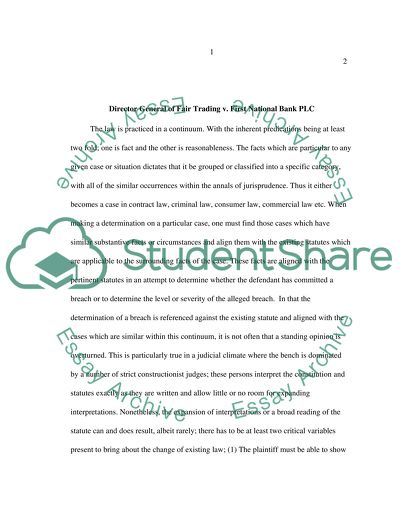Cite this document
(“Contract Law Case Study Example | Topics and Well Written Essays - 4000 words”, n.d.)
Contract Law Case Study Example | Topics and Well Written Essays - 4000 words. Retrieved from https://studentshare.org/law/1508682-contract-law
Contract Law Case Study Example | Topics and Well Written Essays - 4000 words. Retrieved from https://studentshare.org/law/1508682-contract-law
(Contract Law Case Study Example | Topics and Well Written Essays - 4000 Words)
Contract Law Case Study Example | Topics and Well Written Essays - 4000 Words. https://studentshare.org/law/1508682-contract-law.
Contract Law Case Study Example | Topics and Well Written Essays - 4000 Words. https://studentshare.org/law/1508682-contract-law.
“Contract Law Case Study Example | Topics and Well Written Essays - 4000 Words”, n.d. https://studentshare.org/law/1508682-contract-law.


